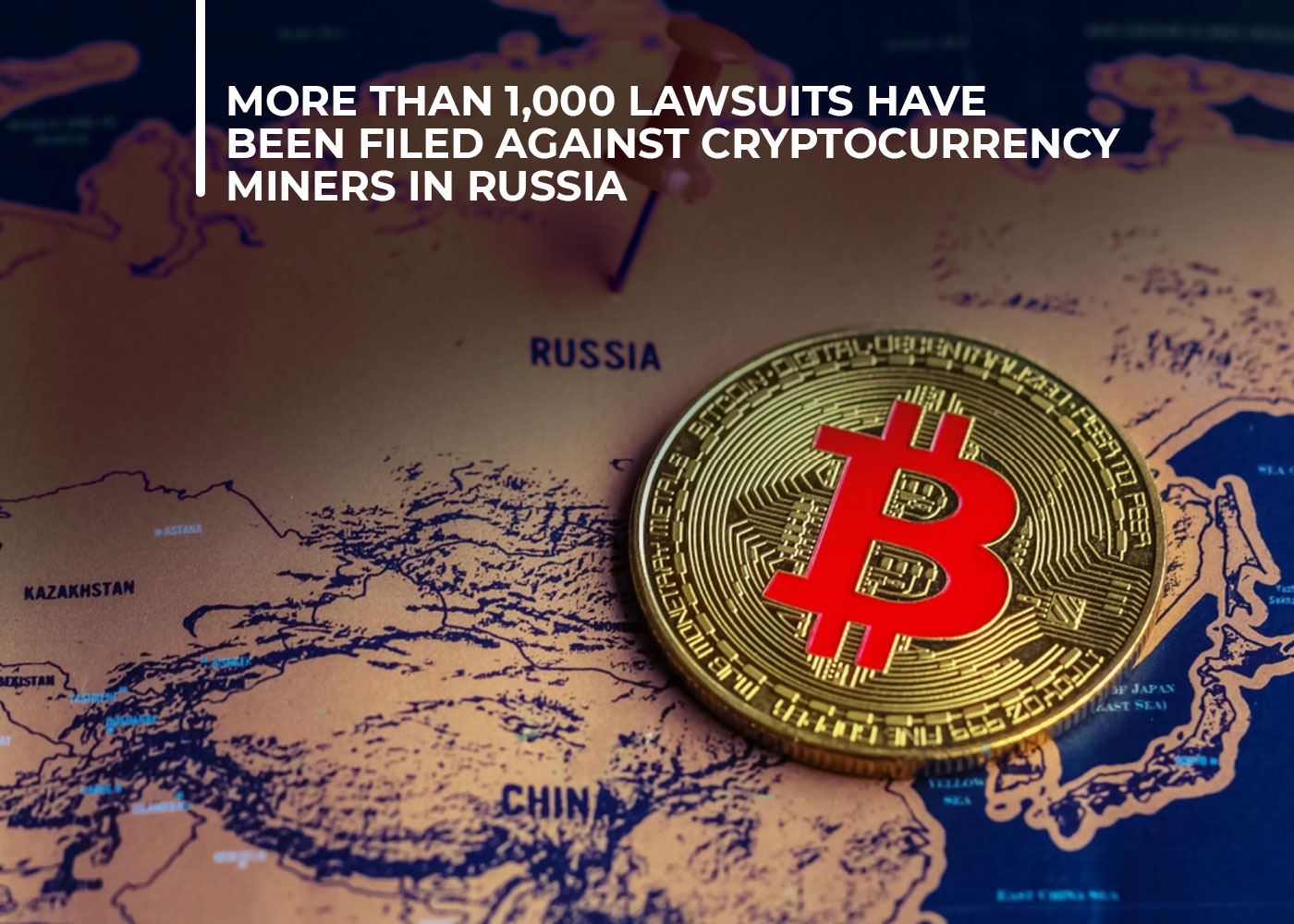In the Irkutsk region of Russia, authorities have taken legal action against 1,000 so-called “gray” miners – cryptocurrency miners using their homes for mining. Out of these cases, over 50% resulted in court orders that obligated the defendants to reimburse owners of distribution networks.
Cryptocurrency Miner Sued For Using Subsidized Energy
In the Siberian region of Irkutsk Oblast, electricity distributors have submitted 1,000 lawsuits against consumers illegally utilizing cryptocurrency to mine in residential areas. Judges have found that 600 of these cases require reparation totaling more than 260 million rubles ($3.5 million) for losses and damages inflicted by cryptocurrency miners engaging in “gray” activity.
Irk.ru, the largest regional news portal, recently reported that one of the most common reasons for going to court is excessive energy use – as seen in Novaya Razvodnaya’s recent case. The owner of a house there had an average monthly energy consumption over a year that amounted to around 80,000 kWh –far greater than all 15 other homes on the same street combined!
The man refused any wrongdoing, asserting he was not a cryptocurrency miner but instead utilized heat guns to dry his basement. Nonetheless, the Irkutsk Regional Court rejected this explanation and required him to pay over 2 million rubles ($27,000) in reparations to the local electrical company Irkutskenergosbyt. This sum should cover the disparity between subsidized energy rates of as little as $0.01 per kWh for home use and much higher business tariffs mandated by law.

Actions Have Been Taken Against Cryptocurrency Miners in the Region for a While
In recent years, local authorities have been attempting to limit cryptocurrency miners in the region as it has become a common source of additional earnings for many people. Authorities believe regulating mining in Russia and introducing varied rates based on usage will effectively solve this problem.
In December, Deputy Minister of Energy Pavel Snikkars revealed that power distribution organizations have commenced tracking and prosecuting illegal cryptocurrency miners by detecting irregular electrical loads at substations. As reported in the Russian press, these irregularities are a result of makeshift mining farms set up in residential areas.
Although crypto mining is still unregulated in Russia, with a special bill being evaluated by the government, it has not been explicitly prohibited yet. Nevertheless, in court, electricity providers can easily demonstrate that these customers are not using energy for domestic purposes and charge them more than regular rates.
You may be interested in: Silvergate Is The Most Shorted Stock On Wall Street

